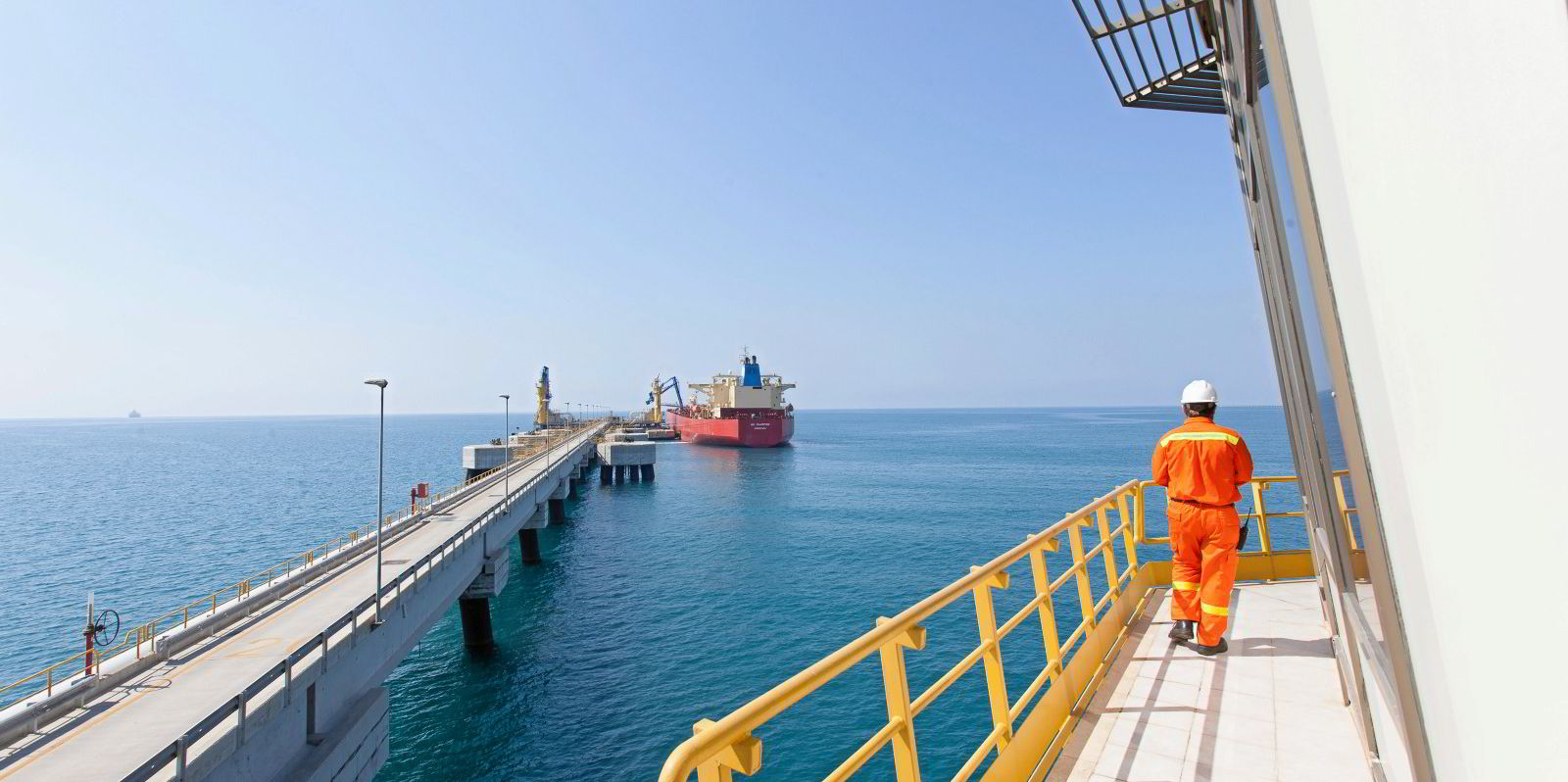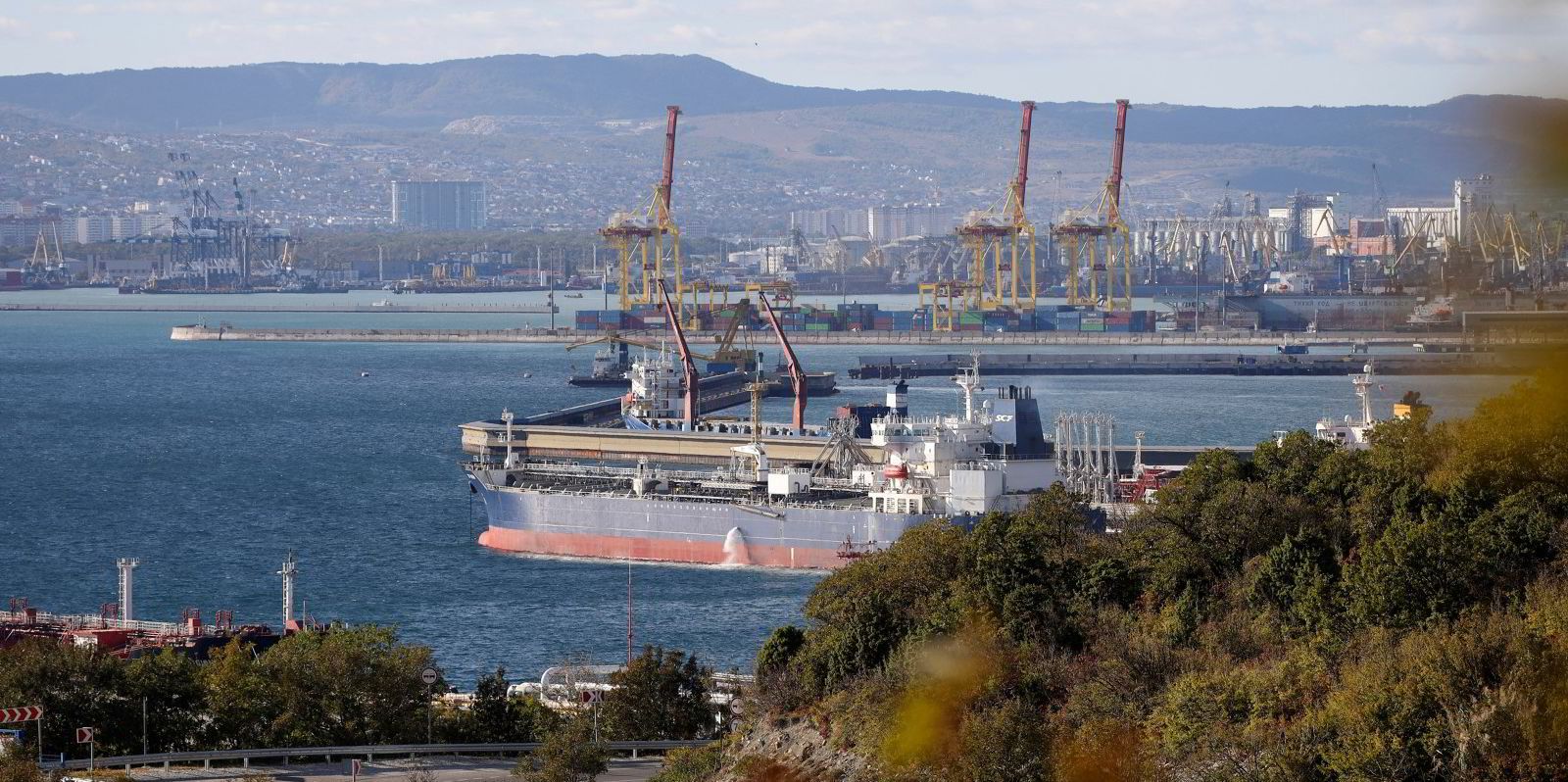Tanker markets are facing more upheaval this week after Iraq halted exports of crude to the Turkish port of Ceyhan.
The Iraqi government closed the Iraqi Turkish Pipeline (IPT) after the International Chamber of Commerce (ICC) ruled in its favour over the weekend in arbitration relating to a case filed against Turkey in 2014.
Turkey was alleged to have allowed tankers to load Iraqi oil in Ceyhan without the required authorisation of Iraq’s oil ministry.
The verdict requires Turkey to pay $1.5bn to Iraq for barrels loaded between 2014 and 2018.
A second arbitration case will cover exports from 2018 through to the present day.
The ITP allows the export of northern Iraq crude grades from the Turkish terminal.
The pipeline was pumping 370,000-bpd of crude from the semi-autonomous Kurdistan region and 75,000 bpd of Iraqi oil up until Saturday, when Iraq closed it.
“The economic health of Kurdistan depends heavily on crude exports via the ITP. Kurdistan’s production levels will depend on the length of the ITP closure, which at this time is unknown,” said French shipbroker BRS Group.
“Heavy imports from Russia and Iran would be necessary for Turkey to counteract the loss of northern Iraqi crude grades,” the Paris shop added.
Reuters reported oil production in Kurdistan is at risk due to the halt.
Oil sent to storage
Firms operating there have been forced to divert crude to storage, where capacity is limited.
There are ongoing discussions Turkey, Iraq and the Kurds to find a way to resume exports.
Gulf Keystone Petroleum, which operates the 55,000-bpd Shaikan field in Kurdistan, said its “facilities have storage capacity that allow continued production at a curtailed rate over the coming days, after which the company will suspend production”.
DNO and Genel Energy said they are currently storing oil in tanks, which can accommodate several days of production.
The two firms hold stakes in the Tawke and Peshkabir fields, which produced 107,000 bpd of oil last year.
Genel also holds stakes in the Taq Taq and Sarta fields, which produced a respective 4,500 bpd and 4,710 bpd last year, according to the company’s annual results.
Production at the Khurmala oil field run by Kurdish group Kar is currently unaffected at around 135,000 bpd and heading into tank, a source familiar with the field operations told Reuters.
Shamaran Petroleum said: “The company will remain in close contact with the other oil producers in the Kurdistan Region and with relevant government officials, and will continue to monitor this situation closely.”





